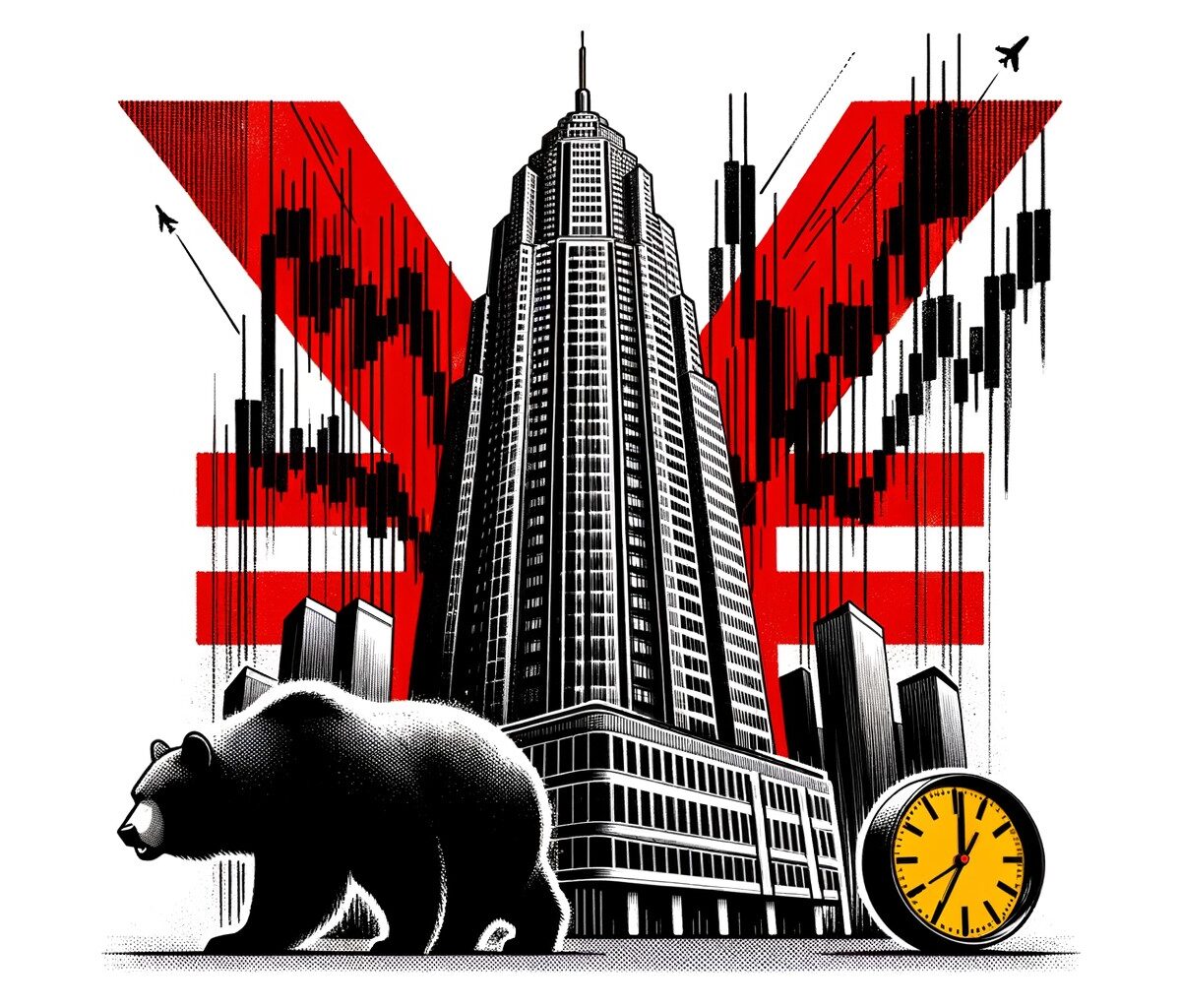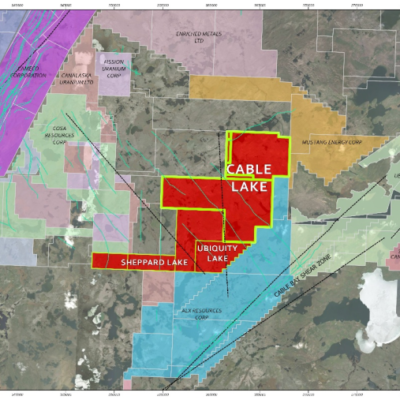What’s going on here?
Goldman Sachs revealed that Japan-focused hedge funds faced a drastic 3.7% decline on Monday – the steepest daily loss in recent memory.
What does this mean?
The sharp drop in Japan-focused hedge funds was triggered by a weak US jobs report and a Bank of Japan (BoJ) rate hike, sparking global investor panic. Japanese stocks slid 12% on Monday, aggravating the situation. By the end of the Asian trading session, hedge fund managers targeting Japan had lost 7.6% across three trading days, wiping out all their yearly gains. Monday’s losses in Japanese shares even surpassed those of the infamous 1987 ‘Black Monday,’ driven by fears of a looming US recession. Investors ditched risk assets and bet on Federal Reserve (Fed) rate cuts to boost growth. Last Friday, hedge funds offloaded Japan-related assets at the fastest rate since COVID-19, flipping from long positions (expecting price rises) to short positions (expecting price drops), while overall exposure to Japan didn’t decrease.
Why should I care?
For markets: Tech and industrial sectors take the hit.
Index and exchange-traded fund (ETF) products bore the brunt of the sell-off, contributing to two-thirds of the activity in Japan. The tech and industrial sectors were especially hammered on Friday, marking a significant shift in market sentiment. Investors should keep an eye on these sectors as this trend may indicate further volatility ahead.
The bigger picture: Hedge funds reassess strategies.
In July, Japan saw the most hedge fund trades in nine months, reflecting a surge in interest. By last Friday, gross total and net allocations to Japan were at near four-year highs. This sudden reversal indicates that hedge funds are quickly adjusting their strategies in response to shifting economic indicators and market conditions. This scenario underscores the importance of agility in investment approaches amid global uncertainty.





